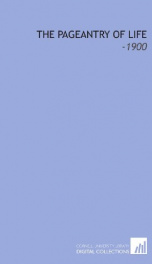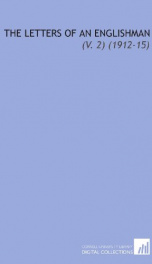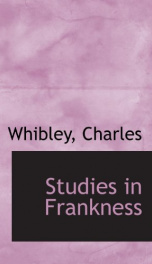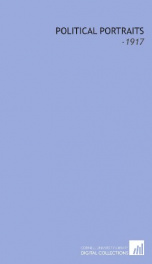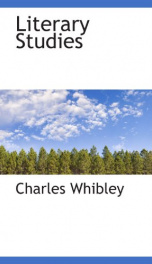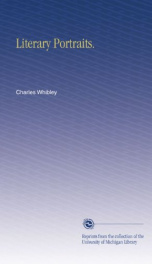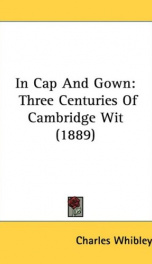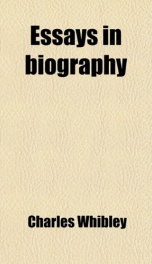william makepeace thackeray

Purchase of this book includes free trial access to www.million-books.com where you can read more than a million books for free. This is an OCR edition with typos. Excerpt from book: CHAPTER III. THE PICTURESQUE REPORTER BARRY LYNDON. We are nowadays so intimately acquainted with the picturesque reporter, that we can hardly believe in a time when he was not. He is the favourite of the daily press, the one serious rival to the popular novelist. He may be discovered, notebook in hand, wherever steamboat or railroad can carry him. Now he is greedily intent upon information; now his aim is to capture such random reflections as grow, like wild- flowers, in the hedgerow. But whether it be thought or fact which engage his mind, the result is most often both trivial and transitory. He has seldom the tact or the leisure to see, and he is perforce content with hasty generalisations. He mistakes that which happens once for an invariable circumstance, and an impolite porter is enough to involve in a common charge a whole nation. So that while the literature of " tourism " is ever increasing, it cannot inflate our breasts with pride. But when Thackeray published his Paris SketchBook1 in 1840, it was happily rare. True, the fashion had been set in the decline of the eighteenth century by the nascent romanticism of Gray. True, two men of conspicuous talent had cast a curious eye upon France twenty years before the Revolution. Sterne had crossed the Channel, that he might embroider his own sentimentality upon the fringe of what was then a foreign country; while Smollett had journeyed to Nice, that he might find health for himself, and might at his leisure record the habits and customs of his neighbours. After Sterne and Smollett came Arthur Young, thataustere farmer who would have planted Chambord with turnips, whose thoughts were so easily diverted from the palaces of the great to drill-ploughs and harrows, and who, nevertheless, foresaw the coming reign of terror, whi...
Info about the book
Author:
Series:
Unknown
ISBN:
1406719528
Rating:
3.5/5 (1)Your rating:
0/5
Languge:
English
Users who have this book
Users who want this book
What readers are saying
What do you think? Write your own comment on this book!
write a commentGenre
if you like william makepeace thackeray try:
Do you want to read a book that interests you? It’s EASY!
Create an account and send a request for reading to other users on the Webpage of the book!
